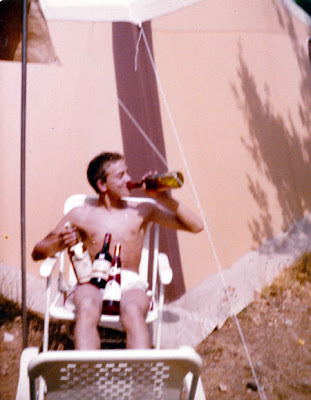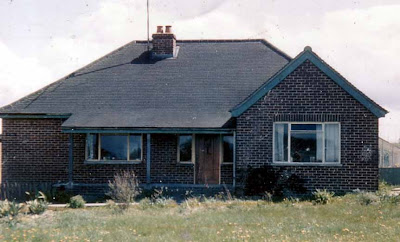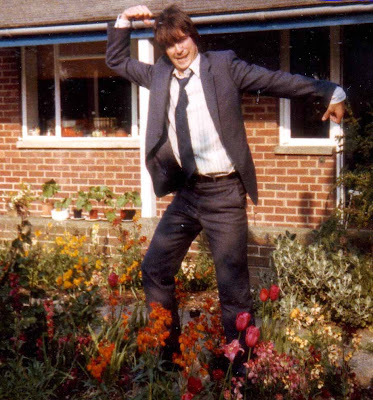The sophistication. The culture. The cuisine...
Imagine that it's the early 1980s and you are a bona fide member of the chattering classes. In the days before you had children, you wouldn't have thought twice about blowing a month's wages on a few nights at the Hotel de Ville, but times have changed. Jane is no longer working and the mortgage on your five-bedroom house in an 'up and coming' part of Balham has made a dent on your disposable income, so sacrifices have to be made.
Once, camping would have been an anathema to both of you, but now that Christopher and Emily are at kindergarten, you wonder if it wouldn't be rather fun to have an al fresco holiday. Not camping of course, but Le Camping.
One day in late July, you load up the Volvo (making sure that there's enough room to to bring back a few bottles of plonk for Tim and Amanda) and begin the long trek to the spiritual home of the cognoscenti: Provence.
The journey ends 36 hours later, just as the light is failing, in an idyllic rural setting where the air smells of pine needles and olive groves. It has been a long drive, but you are now certain that it was worth it. Exhausted but happy, you unload the basics and enjoy the sleep of the just.
The next morning you wake up and realise that you have neighbours. Like you, they are English, but...



In their Hillman Hunter, your neighbours have followed a similar trajectory, stopping en route to enjoy the delights of Paris:

But you sense that their tastes are different to yours and after hearing the same Kagagoogoo song for the seventh time, you decide to ask Yves about moving to a quieter part of the site. He'll understand - "Ah, oui, les rosbifs. Mon dieu!"
In the meantime, Dot, Ray, Kevin and Gary are having the time of their lives, although the boys have an unfortunate habit of clutching their genitals whenever a photo is taken:
Dot didn't want to come here. She would have rather gone to the usual place in Sandy Bay, but Ray had some funny ideas about the south of France and now that she's here, Dot reluctantly concedes that she's having 'a bit of a laugh'.
Although holidaying with three males is no picnic. The mess in the morning...
I'd love to know the real narrative behind these photos. They appeared at work last week and my first impression was one of disappointment - just a collection of blurry, Kodak Instamatic snaps. But then curiosity took over. Where did these people come from and what were their real names? What made them choose the south of France? Are they all still alive now?
Before long I was making up my own narrative, imagining them leaving somewhere a bit grim, like Luton, vicariously enjoying their excitement at seeing the blue skies of Provence for the first time. But that's probably all nonsense.
In the digital age, albums will no longer fall into the hands of strangers. Photos will either disappear into the ether or exist in the purgatory of cyberspace, forgotten and unvisited.
I think it's time to have a proper album again.



















































